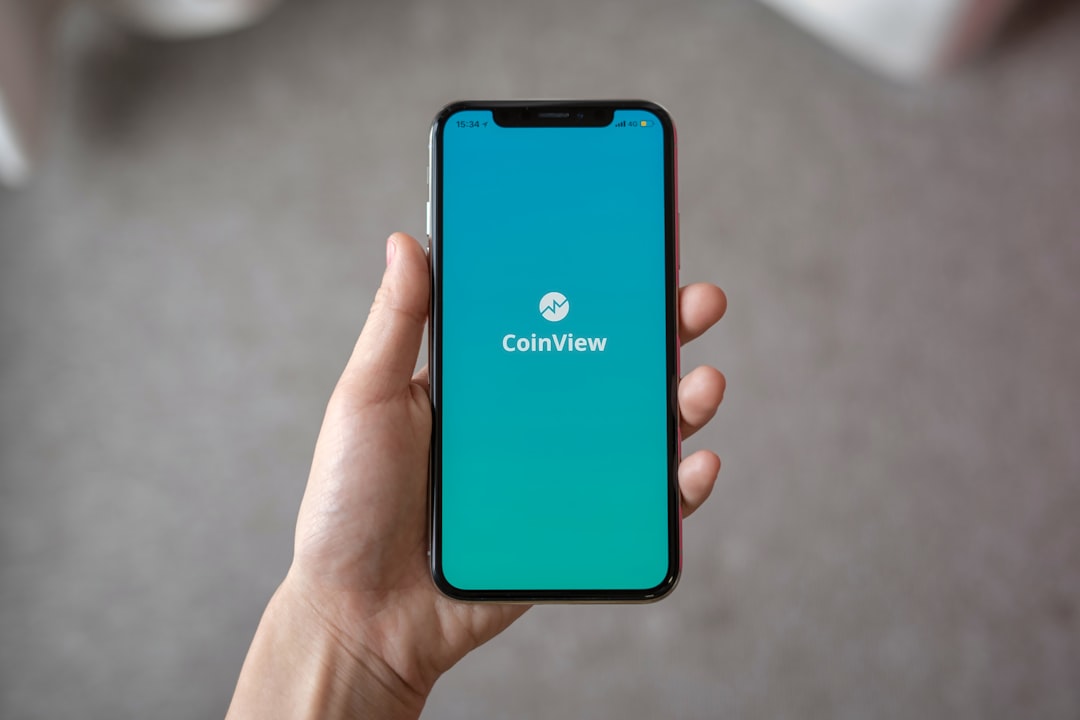Robocalls from spoofed Do Not Call law firms in Illinois are on the rise, allowing scammers to hide identities and evade tracing. While state laws protect residents from most telemarketing calls, they don't address spoofing effectively. A multi-faceted approach involving agencies and specialized law firms helps combat this evolving fraud, with residents advised to register on the Do Not Call list and remain vigilant against suspicious calls.
Illinois residents are increasingly encountering a new nuisance: spoofed robocalls. These deceptive calls, disguised to appear local, have become a widespread problem, threatening consumer privacy and peace of mind. This article delves into the rise of spoofing in the state, examining the legal framework, specifically Illinois’ Do Not Call laws, and exploring strategies to combat these fraudulent calls. Understanding these tactics is crucial for both consumers and law firms aiming to protect clients from falling victim to spoofed robocalls.
Understanding Robocalls and Spoofing in Illinois

Robocalls, automated phone calls that deliver pre-recorded messages, have become a ubiquitous part of modern communication. While many are legitimate, such as reminders from banks or updates from local businesses, some robocalls are malicious, seeking to exploit vulnerable individuals. Spoofing, a technique used by scammers to hide their identity and make the call appear to come from a different source, has seen a surge in Illinois. Scammers often pose as law firms or government agencies, using automated systems to blanket areas with these deceptive calls.
In Illinois, where the “Do Not Call” registry is in place to protect residents from unwanted calls, spoofing presents a unique challenge. These fraudulent robocalls can be difficult to trace due to their anonymous nature, making it imperative for residents to remain vigilant and report suspicious activity. Understanding how these scams operate is crucial in empowering individuals to defend themselves against potential financial losses or identity theft.
Legal Landscape: Do Not Call Laws in IL

In Illinois, the legal landscape regarding robocalls is shaped by the state’s Do Not Call laws designed to protect residents from unwanted phone marketing calls. These laws, implemented by the Illinois Attorney General’s Office, empower consumers to register their numbers on the Do Not Call registry, effectively blocking most telemarketing and sales calls. However, a growing concern is the rise of spoofing, where scammers mimic local numbers, including those of law firms, to dupe residents into answering.
While Illinois’ Do Not Call laws offer significant protections, they primarily focus on preventing unsolicited calls from businesses. Spoofed calls from fraudulent sources, especially those pretending to be legal entities, fall into a regulatory gap. This has made it easier for scammers to target Illinois residents, capitalizing on the trustworthiness perceived in local area codes, and highlighting the need for enhanced consumer awareness and updated regulations to combat this evolving form of fraud.
Protecting Consumers: Combating Spoofed Calls

In the face of rising spoofing robocalls, protecting consumers in Illinois has become a pressing concern. Spoofed calls, often disguised as legitimate business or government communications, aim to deceive recipients into answering or providing sensitive information. To counter this, state and federal agencies have implemented measures under the Do Not Call laws, which specifically target telemarketing fraud. Law firms specializing in consumer protection are playing a crucial role in these efforts by helping individuals file complaints against malicious callers, thereby strengthening enforcement of these laws.
Illinois residents can take proactive steps to safeguard themselves. This includes registering on the state’s Do Not Call list and being wary of unexpected calls, especially those demanding immediate action or threatening consequences. By educating consumers about spoofing techniques and empowering them with knowledge, authorities aim to disrupt criminal operations and ensure that Illinois citizens are protected from these deceptive practices.






